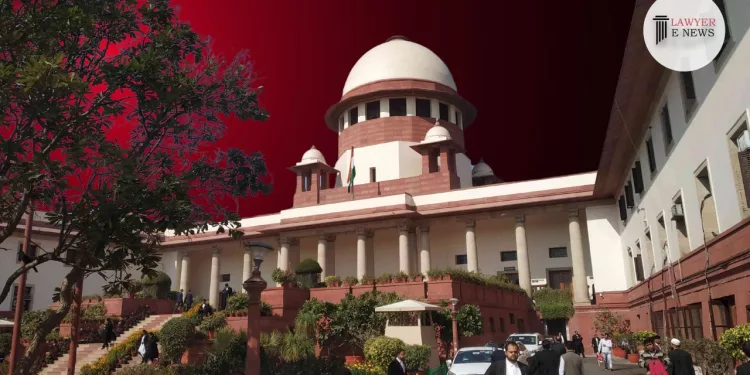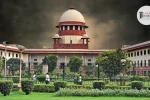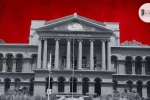The Legislative Intent is Clear; Rules do not Constitute Excessive Delegation or Violate Article 14 – Supreme Court Upholds Taxation of Concessional Loans to Bank Employees

In a landmark judgment, the Supreme Court upheld the constitutionality of Section 17(2)(viii) of the Income Tax Act, 1961, and Rule 3(7)(i) of the Income Tax Rules, 1962, dismissing the challenge that they constituted excessive delegation and violated Article 14 of the Constitution of India.
Legal Background of the Judgment:
The appeal by the All India Bank Officers’ Confederation challenged the taxability of interest-free or concessional loans provided to bank employees as ‘perquisites’ under the cited legislative provisions. The appellants argued that these provisions led to excessive delegation of legislative power and were arbitrary under Article 14 due to their reliance on the Prime Lending Rate (PLR) of the State Bank of India (SBI) as a uniform benchmark.
Facts and Issues:
The appeals revolved around whether the specific provisions in the Income Tax Act and the corresponding rules under the Income Tax Rules concerning the valuation of such loans as perquisites were constitutionally valid and legally sound. The central question was whether these provisions resulted in unguided legislative delegation and if the use of SBI’s PLR as a benchmark was discriminatory and arbitrary.
Detailed Court Assessment:
The Court conducted a thorough analysis, affirming the legislative competence in framing these provisions. It observed:
Legislative Intent and Delegation:
The Supreme Court pointed out that the legislative framework was clear in its intent and the delegation of powers to the Central Board of Direct Taxes (CBDT) was within permissible limits. It was noted, “Section 17(2)(viii) and Rule 3(7)(i) are sufficiently guided by the legislative policy on the taxation of perquisites, thus not constituting excessive delegation.”
Uniform Benchmark Justification:
On the issue of using the SBI’s PLR as a benchmark, the Court found this approach neither arbitrary nor discriminatory. It emphasized consistency, clarity, and tax efficiency in applying a uniform benchmark, which aids in preventing litigation and simplifies the taxation process.
Constitutionality and Article 14:
The judgment confirmed that the provisions aligned with constitutional mandates, ensuring equitable treatment under Article 14. The Court highlighted, “The rule-making authority has not treated unequal as equals, thereby upholding the essence of Article 14.”
Decision:
The Supreme Court dismissed the appeals, affirming the decisions of the High Courts of Madras and Madhya Pradesh, thus upholding the constitutionality and application of Section 17(2)(viii) and Rule 3(7)(i).
Date of Decision: May 7, 2024
All India Bank Officers’ Confederation vs. The Regional Manager, Central Bank of India, and Others





